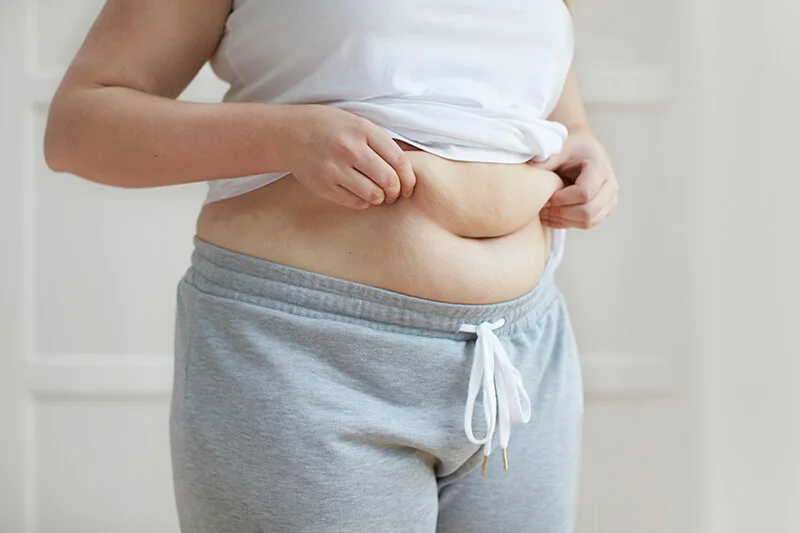Bad breath after a gastric sleeve surgery is one of the issues that disturb many patients. In the first 3 months, approximately 50% of patients call our bariatric nurse because of different severities of bad breath. The best thing about this complaint is that bad breath is temporary.
What Should We Do To Prevent Bad Breath?
There are several reasons for bad breath after a gastric sleeve surgery. When the stomach, which has a large volume, is reduced by 80% and takes the shape of a tube, especially in the first days of the operation, the intra-gastric mucosa is oedematous (swollen) and the liquids and saliva taken from the mouth cannot pass into the intestines as easily as before. This oedema that occurs in the gastric mucosa after the gastric sleeve surgery decreases within days and the passage of fluids is relieved. Initial bad breath decreases over time in this way.
For bad breath that may occur after a gastric sleeve surgery, it may be useful to brush the teeth regularly, take a stomach protector regularly every morning, and take 1 part of Gaviscon syrup at bedtime. After a gastric sleeve surgery, brushing the tongue as well as the teeth will minimise the odour.
The formation of coating or white aphthae-like appearance on the tongue after a gastric sleeve surgery may occur as a result of the same factors. Likewise, it will be useful to take 1 measure of Gaviscon in the evening at bedtime and to mouthwash with bicarbonate (baking soda). For bicarbonate mouthwash, two teaspoons of baking soda is mixed in a glass of water. Mouthwash is done twice a day. Recovery occurs within 2 days.
Swelling and bleeding in the gums after a gastric sleeve surgery are among the complaints that can be seen. The cause of these complaints, which occur from the second month after surgery, is often vitamin C deficiency. Timely vitamin monitoring is very important in this respect. However, due to the use of blood thinners, these complaints may also be observed on days 3-10 after the surgery.




